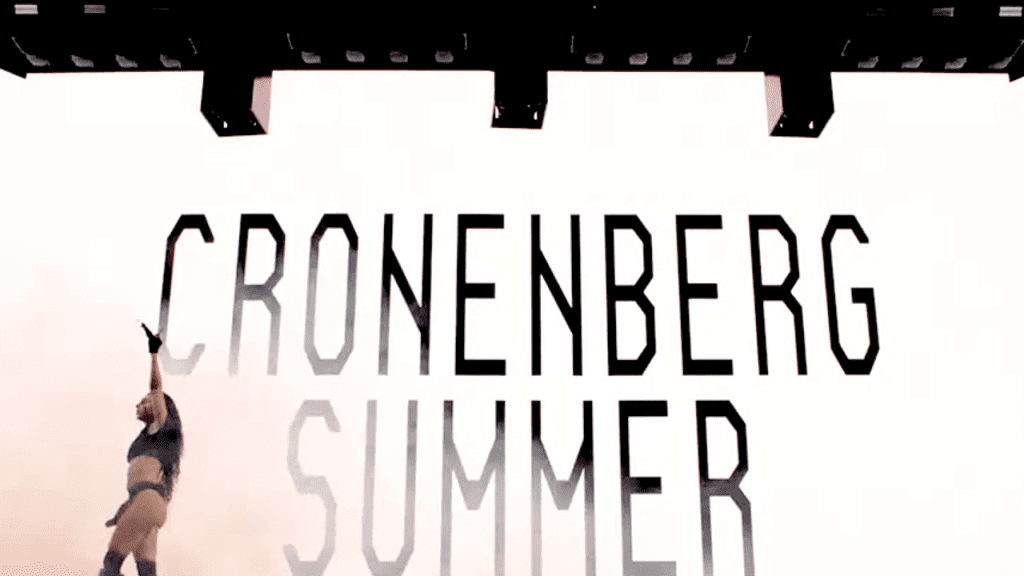The Intersection of Pop Music and Cinema: Insights from Charli XCX at Coachella
During her recent performance at Coachella, Charli XCX marked the conclusion of “Brat Summer” with an engaging tribute to both musicians and filmmakers. As she acknowledged various pop artists poised to dominate the music scene with their new albums and tours—like Lorde, Ethel Cain, Haim, and A$AP Rocky—she also spotlighted a number of directors. Notable mentions included David Cronenberg, Ari Aster, Celine Song, Kogonada, and others. This revelation hints at a burgeoning recognition that cinema may still hold a place in contemporary culture, despite recent narratives suggesting its decline.
Cinema’s Changing Landscape
For many movie enthusiasts, the ongoing discourse about the film industry’s viability is familiar territory. Discussions about the supposed death of cinema or its revival cycle through social media, often triggered by the outcomes of film releases. Presently, with dwindling box office numbers, streaming services like Netflix prevailing over traditional theatrical experiences, and a noticeable shift in cultural focus, the relevance of cinema has been called into question.
The Integration of Music and Film
The synergy between music and film has historic roots dating back to the silent film era when soundtracks enriched the viewing experience. Icons like Looney Tunes utilized contemporary music to captivate audiences, embodying a time when film and music were inherently linked. The late 20th century witnessed an explosion of movie tie-in soundtracks, broadening the cultural impact of both mediums. However, the current cinema landscape offers fewer non-score soundtracks as album sales decline, leaving audiences yearning for the vibrant music-film collaboration seen in projections like *Barbie: The Album*.
The Perception of Modern Cinema
Today, while specific films generate excitement—*Barbie*, *Oppenheimer*, and *Dune: Part 2* among them—the overall appeal of going to the cinema is diminishing. Moviegoing, once a ubiquitous activity, has become less central to everyday life, leading to a perception of cinema as an optional expenditure rather than a cultural obligation. Participation in cinematic conversations often no longer requires recent viewing knowledge, as these discussions have shifted significantly.
Signs of Revival in the Cinema Scene
Despite the challenges facing the box office, hints of revitalization exist, particularly within independent and repertory cinemas flourishing in urban areas. A new generation of young cinephiles is increasingly gathering for screenings of classic films, valuing the communal experience of sharing cinematic history. Enthusiasts are more engaged than ever, utilizing platforms such as Letterboxd to document their viewing experiences and share recommendations.
Conclusion
In summary, Charli XCX’s nod to filmmakers at Coachella invites reflection on the evolving relationship between pop culture and cinema. While the industry faces significant hurdles, emerging trends in film appreciation hint at a potential resurgence. As both industries navigate their futures, the interconnectedness of music and film remains influential in shaping popular culture.
